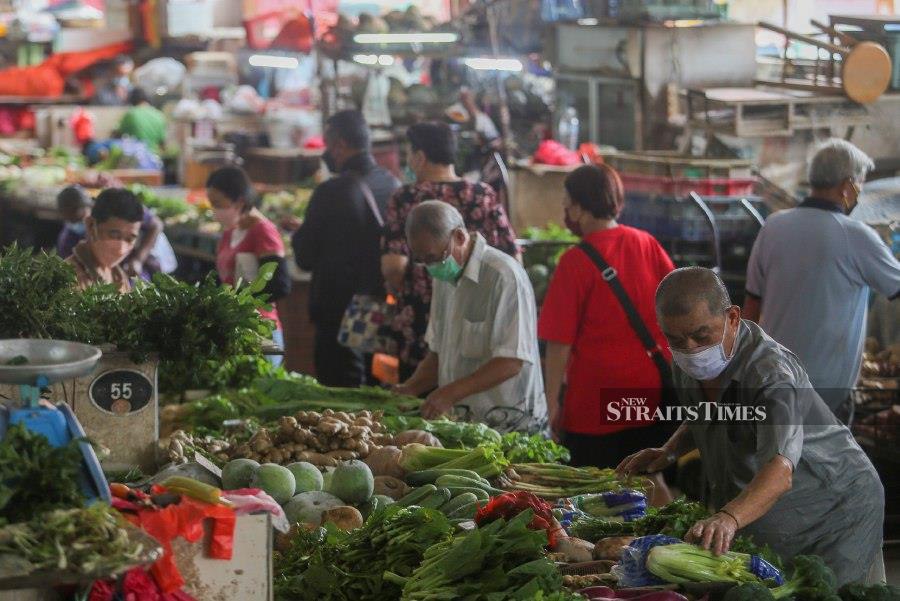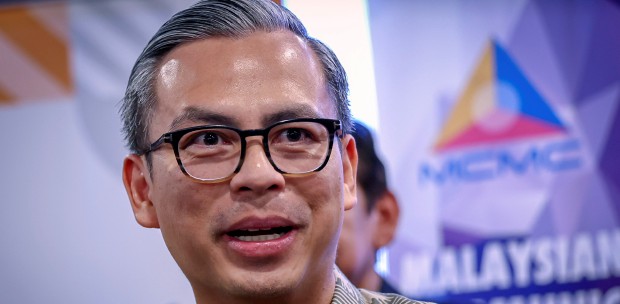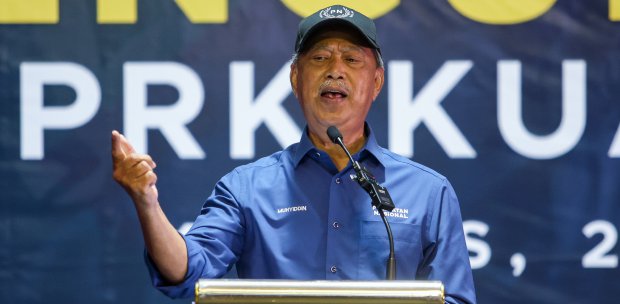SURAH Yusuf is one of the beautiful chapters in the Quran with stories of the Prophet's trials and tribulations, personal redemptions and from being a slave to becoming the most powerful man in Egypt.
The Surah is full of human vicissitudes and appeals to men and women of all classes. This Chapter 12 of the Quran is painted in vivid colours.
The Surah has alluring stories of the secrets kept between his father Prophet Yaakob and he about his prophecy, and the jealousy of his 11 elder brothers.
It tells of how Yusuf ended in slavery, prison and in the opulent palace of the Egyptian king, and how he maintained purity and chastity amidst false charges of seduction by Zulaikha, the wife of a prominent aristocrat.
However, there is also something important that we can learn, particularly Verses 47 to 49, related to agricultural production and food security.
Yusuf, in interpreting the king's dream, said that there would be seven years of abundance in the land followed by seven years of famine.
Being a discerning and wise man, he advised the king that food should be planted and harvested in the good years and stored for use during famine.
Honestly, it seems that humans never take precaution as much as they never learn. The world is on the brink of food insecurity that has resulted in famine in some parts of the world.
It's the same story cropping up over decades: we are blase about food security and say to ourselves that "it will never happen to us" or have passing thoughts like, "Aah, this is just White propaganda".
If we cannot even resolve food supply and security in peacetime, I wonder what will be the consequences in an escalating period of global geopolitical strife.
The impact of the prolonged Russia-Ukraine war is proof that we are facing an imminent threat to food security.
Malaysians in the B40 group may have difficulty comprehending economic jargon like market forces, global supply trends and food chain disruptions or what the increasing cost of chicken feed means.
All they want to see are affordably priced chicken, fish, meat and vegetables. It is more of rhetoric than action over the last few decades from those who should have overcome the food supply problems.
The country's inflation rate rose by 2.2 per cent in March, with food prices surging four per cent.
As much as we appreciate the measures taken by the government to stem inflation, actions should have been carried out eons ago.
The agricultural sector has been an important economic pillar since Rancangan Buku Hijau was launched in the 1970s. It accounted for a sizeable share of the economy.
Last year, the figure dropped. I remember the tagline "Pertanian Itu Perniagaan" (agriculture is business) being trumpeted all-year long to ensure that the people understood how important agriculture was.
With the advent of the Fourth Industrial Revolution, we need to revive the agricultural sector.
The National Agrofood Policy 2021-2030 has been formulated to develop a sustainable, resilient and technology-based agro-food sector to drive economic growth, improve the wellbeing of the people, and prioritise food security and nutrition.
But first, let's solve the problem of idle agricultural land, which badly needs local hands to manage instead of foreign labour.
Start a campaign to attract young people back to villages to till the land since living in the cities is now beyond their means.
Let animal feed specialists find alternatives to chicken feed since it constitutes 70 per cent of production costs. Poultry farmers have been overdependent on corn.
Urbanites should start community farming in residential areas and high-rise flats to reduce dependence on expensive greens.
Let's not depend on government initiatives alone. It is our collective responsibility to get this done.
The writer, a former NST journalist, is a film scriptwriter whose penchant is finding new food haunts






